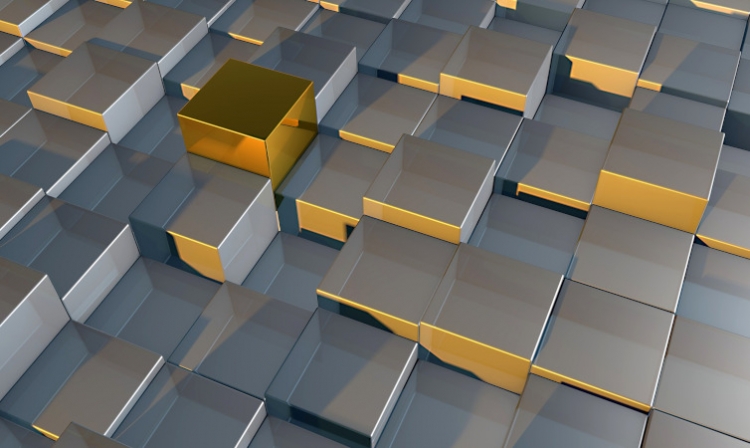The metals include zinc, aluminium, magnesium, and copper (Zamak). They boast some thermal, isolating, and electrical characteristics paired with unparalleled recyclability. Non ferrous metals also include precious gold, silver, and tin, known for their strength and longevity. These metals are mostly used in industrial piping, shipping containers, railroad trucks, and numerous domestic and commercial tools. They are easily available, with numerous non ferrous metals suppliers available across France and worldwide.
One of the significant advantages of these metals from non ferrous metals suppliers is their lack of iron content which makes them resistant to corrosion and rust. This makes them perfect for liquid pipes, gutters, outdoor signs, and roofing. They are also malleable and non-magnetic, making them great for wiring and other electrical applications. Other common applications of Zamak alloys include:
- Fashion accessories
- Furniture and decorations
- Leather goods
- Surface treatments, including gold and silver plating
- Modeling
- Miniatures
- Costumejewelry
Non Ferrous Metals Explained
Aluminium
Aluminium is soft, lightweight, and low strength. It is easy to cast, forge, machine and weld. However, aluminum is not a great option for a high-temperature environment. It is mainly used in manufacturing food cans and aircraft due to its lightweight. Aluminium is perfect for pistons, castings, cars, railways, and kitchen utensils.
Copper
Copper is malleable and incredibly ductile and has high conductivity making it perfect for electricity and heat applications. That said, it is an integral component of the electrical industry. It is also used in bearings, statutes, cartridge cases, and sheet roofing.
Zinc
Zinc has a characteristically low melting point. It is medium to low strength and can be easily machined. However, heating might be necessary to prevent the cleavage of crystals. Zinc is also commonly used in galvanizing, which involves the application of a protective coat to steel or iron to prevent rust.
Types of Zamak Metal Alloys
Zamak 3 is the most common Zamak alloy. It has incredible castability and long-lasting dimensional stability. It also boasts incredible finishing characteristics for painting and plating. As far as die casting is concerned, Zamak 3 is the standard by which all other Zamak alloys are rated. Other Zamak metal alloys include Zamak 2, Zamak 5, and Zamak 7, also commercially used.















